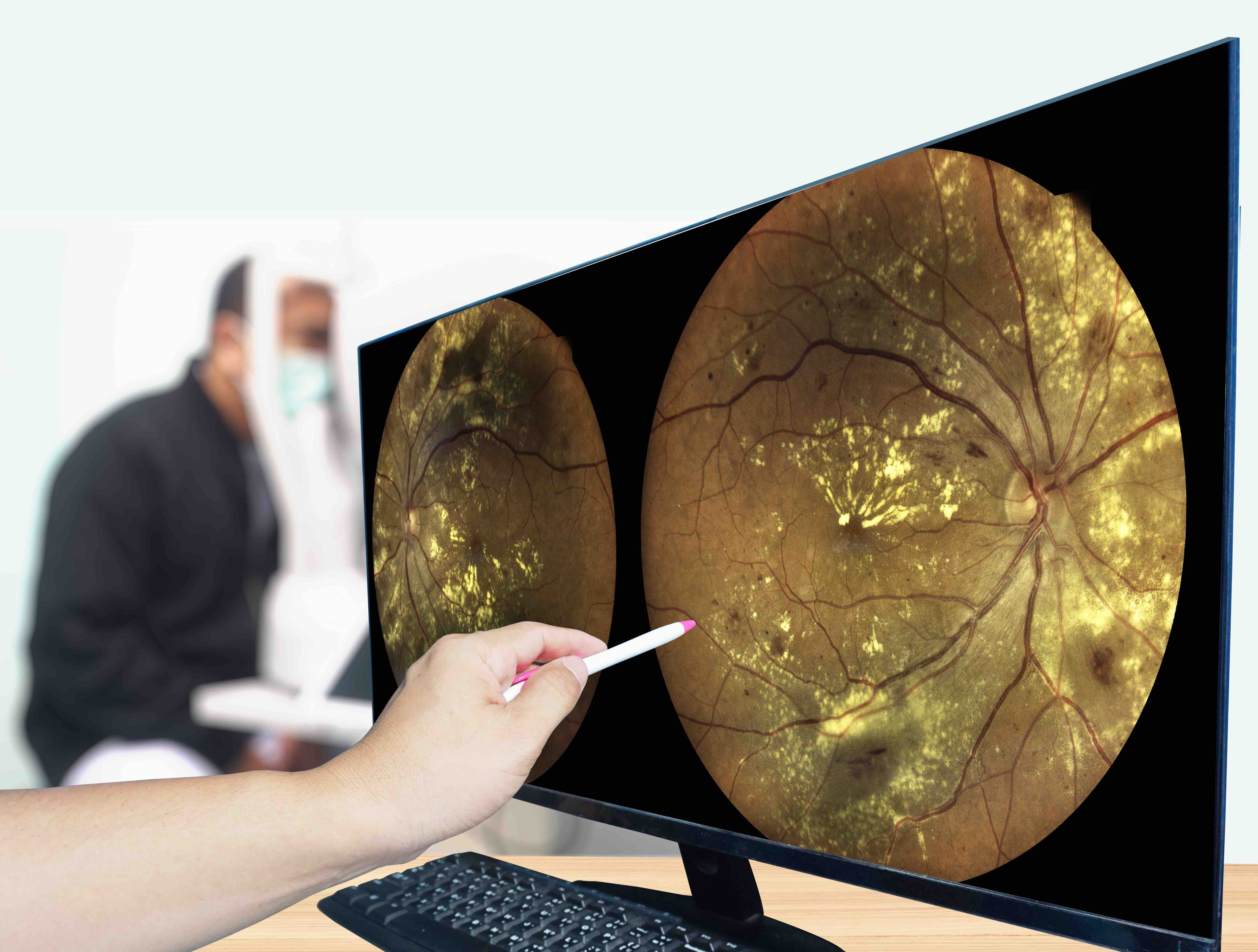Video
Dr Grace C. Wright Explains How Vectra DA Helps Choose Treatments in RA
Treating patients with rheumatoid arthritis can be difficult because the available drugs do not treat all symptoms. However, the Vectra DA test can help physicians more quickly understand if a patient is responding or needs to switch therapies, explained Grace C. Wright, MD, PhD, clinical associate professor of medicine and attending rheumatologist at New York University Langone Medical Center.
Treating patients with rheumatoid arthritis can be difficult because the available drugs do not treat all symptoms. However, the Vectra DA test can help physicians more quickly understand if a patient is responding or needs to switch therapies, explained Grace C. Wright, MD, PhD, clinical associate professor of medicine and attending rheumatologist at New York University Langone Medical Center.
Transcript
What can physicians and patients learn from the results of the Vectra DA testing?
The Vectra DA test is an interesting test. It's a composite biomarker that tells us a lot about the underlying inflammatory burden that patients carry, and so it's an important way to help educate both the physician and the patient about residual disease. Disease that we may not see but ultimately can cause damage. One of the big issues is structural damage and this is a very good way to look at the risk of structural damage a year, 2 years into the future.
How does the Vectra DA test help physicians find the right treatment for patients with rheumatoid arthritis?
So the Vectra DA doesn't tell you which drug to select, but it helps you to really see if the patient is responding, sometimes much faster than the patient, themself, is aware. So really it helps us to tighten the course between switching therapies, see whether a patient is not responding, or flaring even before symptoms appear.




